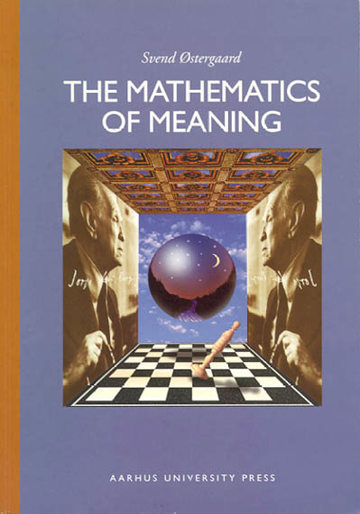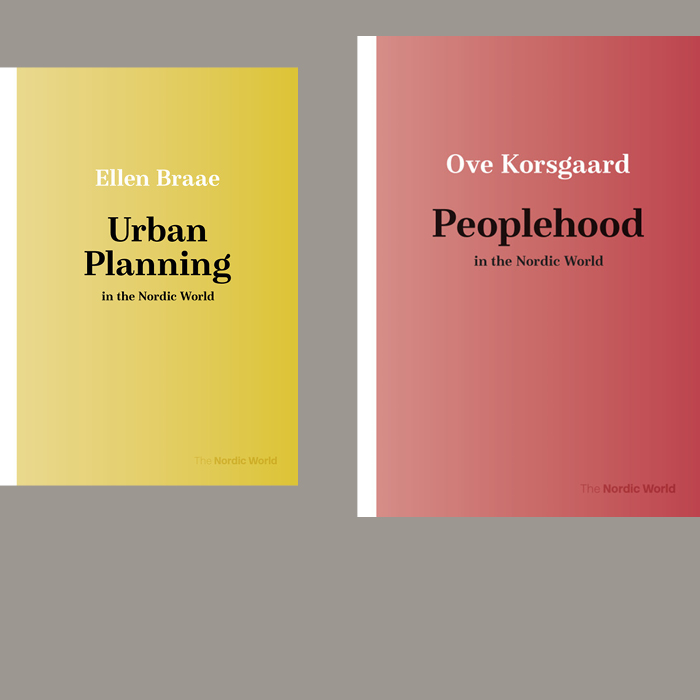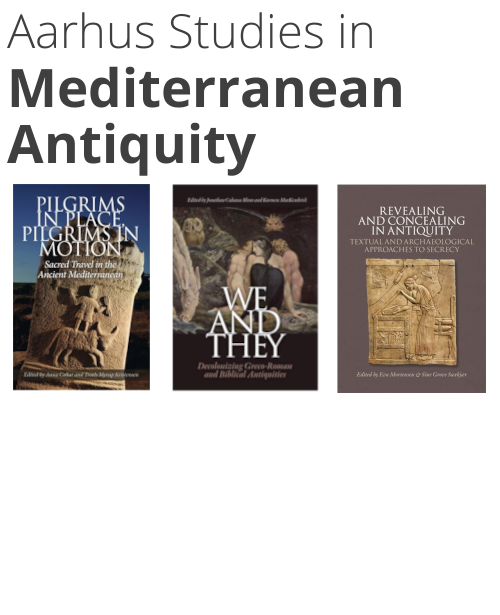
The Mathematics of Meaning
A part of the subject area Literature
More about the book
About the book
The Mathematics of Meaning examines the foundation of mathematics, the fictions of Jose Luis Borges, and the aesthetics of Marcel Proust as it is unfolded in Remembrance of Things Past.
In mathematics the logical foundation of reasoning is examined. In Borges it is the linguistic foundation of narration, and in Proust the perceptual foundation of aesthetics.
The three types of studies converge towards the same point, because it turns out that in all cases where the foundation becomes indeterminable, the concept of infinity plays a decisive role. The dynamics of mathematics is decisively dependent on the assumption of the existence of infinite sets.
In Borges the breakdown of narration is metaphorically staged through an impossible object representing an actual infinity.
In Proust it is the concept of infinity implied in Leibniz' monadism.
The Mathematics of Meaning also contains a semiotic theory of form, because the breakdown of the foundation is in all three cases uniquely connected to the existence of a form, the meaning of which is indeterminable in the situation.
Table of contents
Introduction
Abbreviations
Synthetic Semiotics
What is a Mathematical Object?
Mathematics and Philosophy
Chess and Language
The Formal Identity of the Different in Proust
Time's Forms in Proust
The Untellable
The Geometry of Meanings
A Figure in a Fiction
Borges: Infinity's Magician
Time and Narration
References
Index




